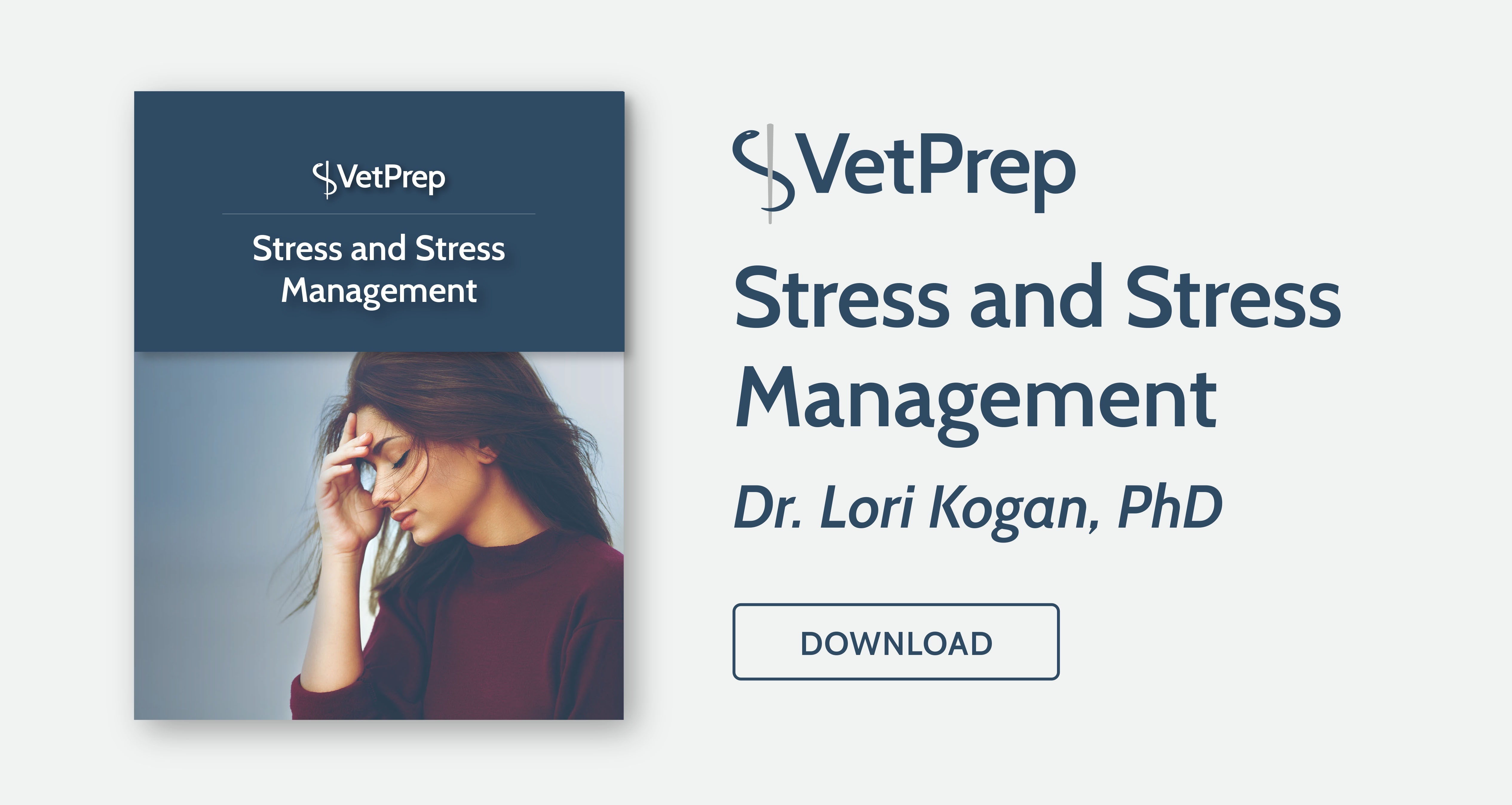
Veterinary medicine is a profession that’s rife with ethical dilemmas. Whether it’s a sick pet whose owner cannot afford treatment, or a client who declines monitoring for a life-or-death medication, you will be faced with tough decisions on a regular basis.
Many ethical dilemmas, however, can be minimized by choosing your first job carefully. When interviewing for your first job, be sure to ask about these potential hot-button issues:
Does the practice perform cosmetic surgeries, such as ear crops and tail docks?
Although the AVMA opposes ear cropping and tail docking in dogs,(1) there are practices that still perform these (and other) cosmetic procedures. Decide how you feel about these surgeries; if you do not wish to perform them, look for a practice in which you can be comfortable. You may want to look for a practice that doesn’t perform any cosmetic surgeries, or you may decide that you’re okay with other doctors in the practice doing so as long as you are allowed to decline these procedures. Either way, make sure that the clinic in which you end up practicing will not require you to perform surgeries to which you are ethically opposed.
How does the practice approach declaws in cats?
Practice philosophies on declawing vary, from practices that will declaw any cat (even obese adults) to practices that refuse to declaw any cat, for any reason. Some practices take a middle-of-the-road approach, offering declaws only for young kittens, and only after a thorough discussion of alternatives (such as nail caps, behavior modification, etc.). Decide which of these philosophies most closely matches your own, in order to ensure that your first job is a good fit.
What vaccines and vaccination schedules are recommended by the practice?
Although a number of common veterinary vaccines are labeled for 3-year use, some practices still recommend giving these vaccines yearly. Other practices recommend giving non-core vaccines to all pets, regardless of lifestyle and risk. Formulate your own philosophies on appropriate vaccination (or commit to following the guidelines established by one of the major veterinary groups, such as AAHA), then look for a practice with a vaccination strategy that matches your own.
Does the practice require a physical exam before euthanasia?
While this may sound ridiculous, I’ve worked in practices that allowed clients (and non-clients!) to drop off pets for euthanasia, or to prepay for a euthanasia that I was expected to perform in the parking lot (in the owner’s vehicle) without an exam. It never occurred to me to ask about this in my interviews… and once I found myself thrown into that situation, it was too late to object without jeopardizing my employment. If this is something that you would feel strongly about, definitely ask before accepting that job!
What is the practice’s philosophy on pain control?
In veterinary school, you have (hopefully!) learned how to provide balanced anesthesia and analgesia for your surgical patients. Look for a practice that allows you use these skills, not a practice that adheres to the old-school belief that “pets don’t feel pain.”
Does the practice refer to specialists and/or a 24-hour hospital?
Believe it or not, there are veterinary practices in which referral is discouraged... or even outright prohibited. If you have a critically-ill patient, will you be encouraged to refer the patient for appropriate 24-hour care? Or will you be expected to leave the patient unattended, crossing your fingers and hoping that the patient will still be alive when you return to work in the morning? While clients may not always accept referral (due to driving distance, financial constraints, or other factors), it should always be offered when in the best interests of the patient.
What is the practice policy on reporting animal abuse or neglect?
Depending on your clientele, you may eventually run into a case that looks like animal abuse or neglect. What do you do in these situations? The obvious answer is to report the case to animal control; this is, in fact, required of veterinarians in some states.(2) In other states, however, there is no mandatory reporting requirement. If you’re in a state that doesn’t require reporting of suspected abuse cases, will your employer allow you to report these cases? Or will they prohibit reporting out of concern that it may hurt the clinic’s image? (I know it sounds crazy, but I’ve worked in a job where veterinarians were specifically prohibited from reporting abuse to the authorities.)
While there’s no way to eliminate all ethical dilemmas that may arise in veterinary practice, addressing these scenarios during the interview process can decrease the number of ethical conflicts that you will encounter and ease your transition into clinical practice.
Resources


